Writings
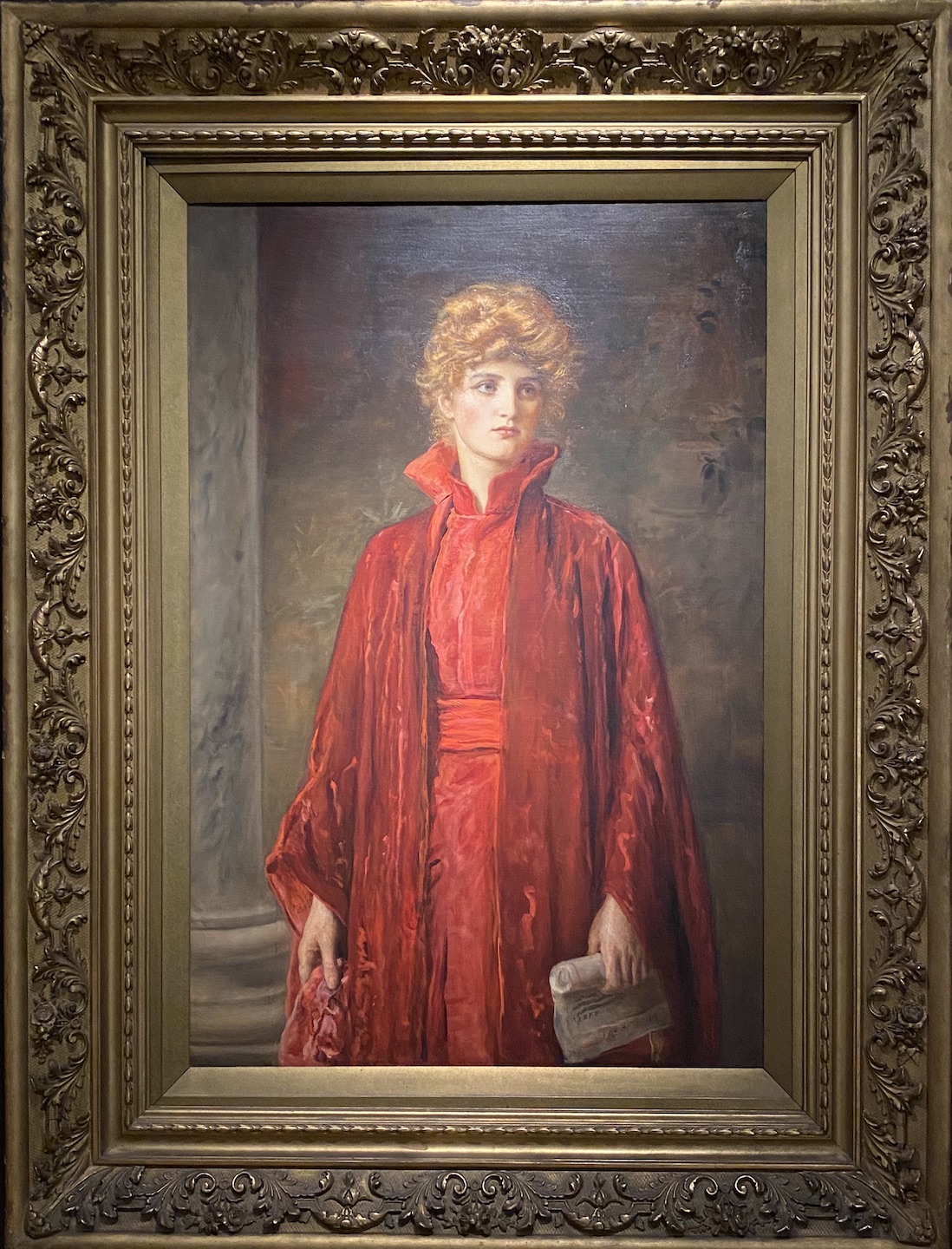
on shakespeare and invention
I have often wondered why Shakespeare’s plays do not contain enough clues to his own life – why, despite his prolific output, his writings do not completely unveil him, or rescue his true personality from the mammoth, hagiographic one that centuries of devotees have ascribed to him.
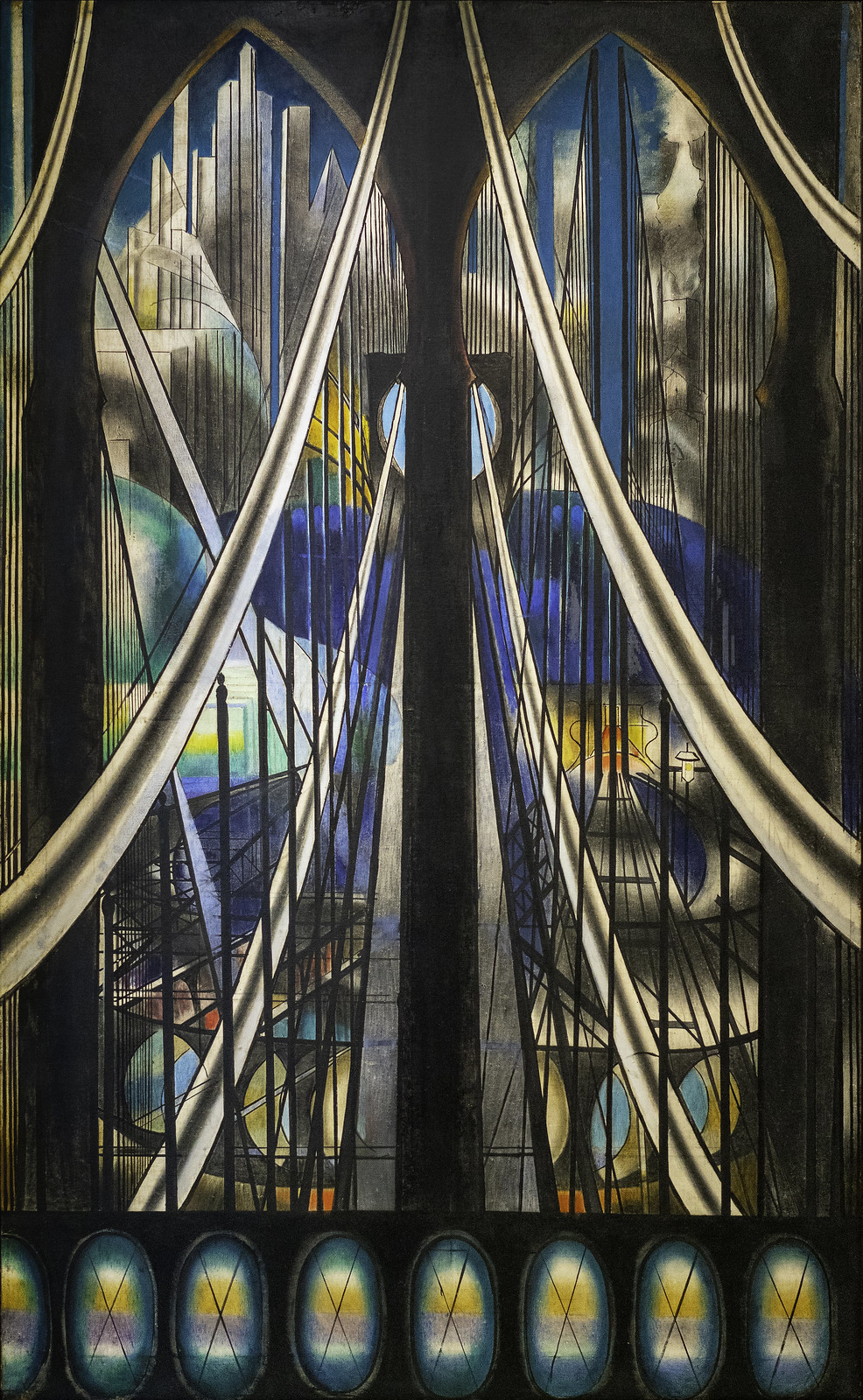
on lost in translation, by sofia coppola
When I was a nineteen-year-old theater critic I reviewed a Cirque du Soleil show where they put on a steampunk-inspired performance on Roosevelt Island, complete with steaming automotives and the motley goods of Victorian industry. Now, in a steampunk cinema cavern on a cold, blue Monday night in the Dimes Square neighborhood of the Lower East Side, I sit down and watch Sofia Coppola’s little movie about love.

on baseball
An almighty crack, and the ball is driven to the left in such a neat, hard line that some young girl watching in the stands, new to baseball and its beauty, suddenly understands why they call it a line drive. The batter sprints to the first diamond white base, a great roar rising around him. The stadium lights brighten, the grass in the outfield trembles.
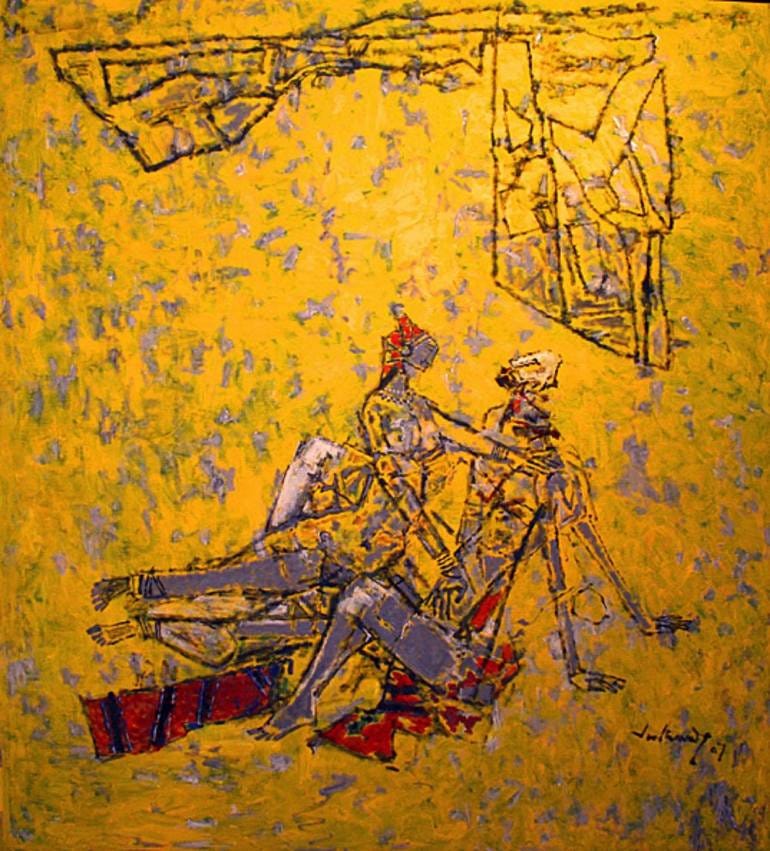
on learning languages
I propose that there are two ways to learn a language. The first is to fall in love. If this proves difficult, literature and film prove heady proxies. While watching From a Roman Balcony, a 1960 film written by Pier Pasolini in his native Italian, I carefully fold into my memory, like a newly bought Sunday church dress, the following sight: Jean Sorel prowling down a Roman street, his twenty-five-year-old legs balletic, menacing.
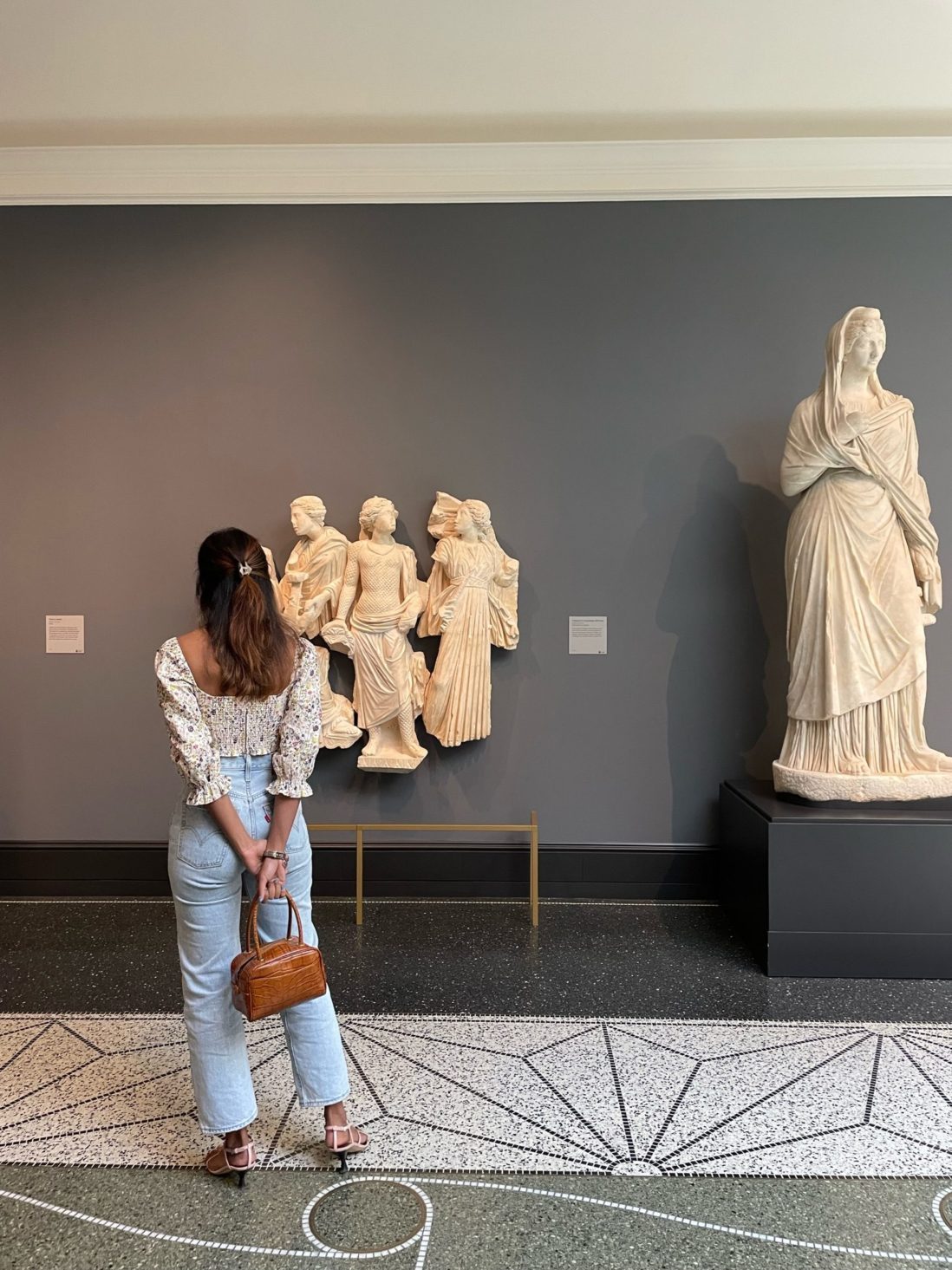
on distress
In times of personal distress, I think of great women. I think of warrior Amazons seated on their shuddering horses, large words like honor and strength ballooning in their chests before galloping into battle. For her, pain is just another beast to best. So, I move past the Amazon and her mythic, bare breasted invulnerability. I think of grey-eyed Athena. No, I think of Virginia Woolf and her pebbled pockets.
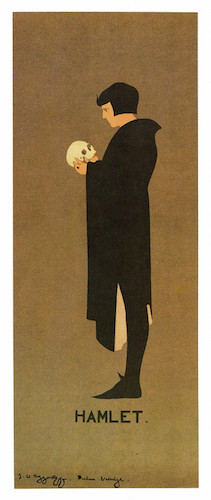
on the monologue (but mostly about hamlet)
An observation on stagecraft, for the aspiring actor: the monologue is an actor talking to himself, not the audience. The audience is beyond the wall he breaks to talk to himself, that self that is otherwise sequestered and beyond his waking life. Consider John Ashbery’s poem:
Life must be back there. You hid it
So no one would find it
And now you can’t remember where.
The monologue is the actor remembering where.
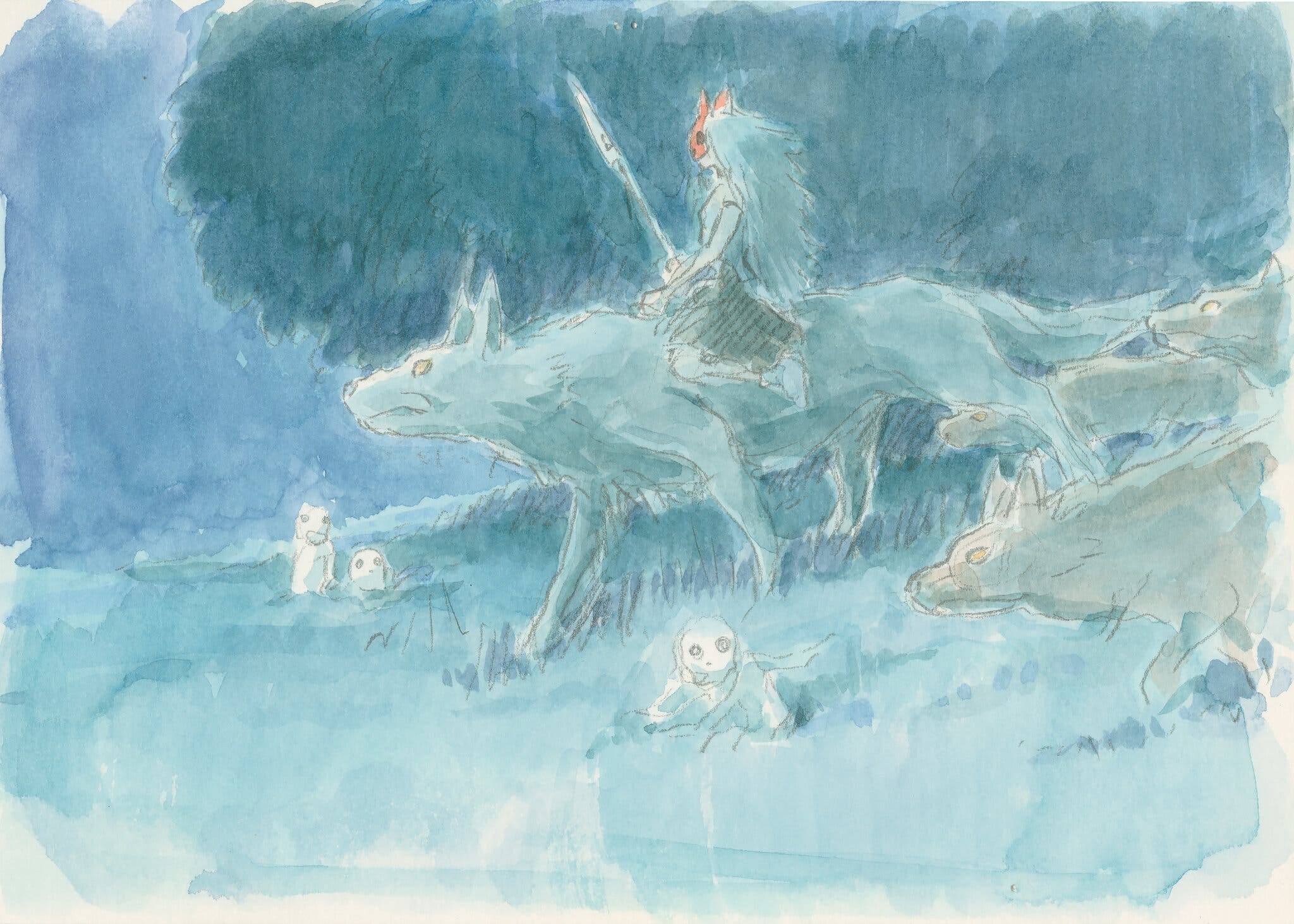
on things not said
I am finding nowadays that secret, incomplete drafts are oftentimes more seductive than a completed work. I think of Monet’s changeling haystacks, the Belvedere Torso cleaved of its marble arms and feet, the half-recorded songs locked in Prince’s vault. What is not said, what is not done – the secret, the unbidden and the restrained – is more powerful than the saying and doing itself.
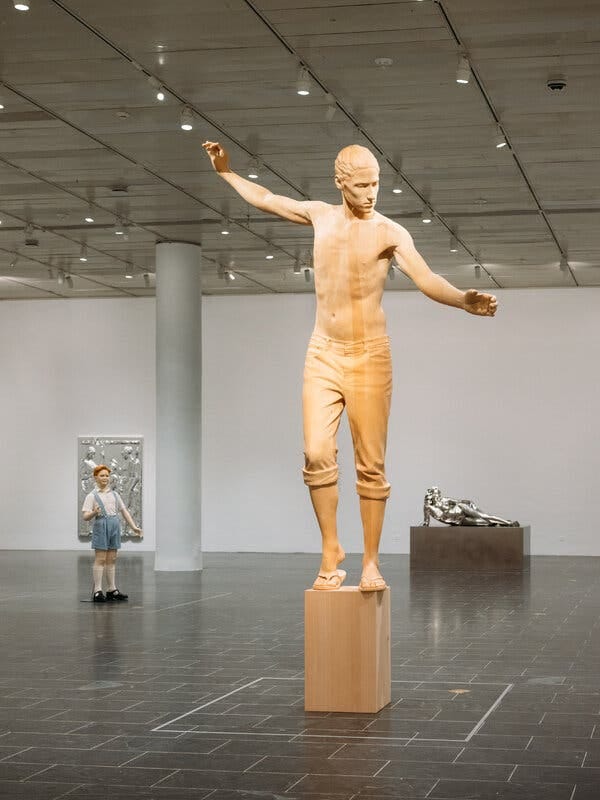
on charles ray and his archangel
The penchants of the art world can be frustratingly fickle. Only fifty years ago, money was poured into paintings of flat truth and ultimate shape. Now, the postmodernists have engendered truth from dead sheep in vitrine tanks. Now, minimalism and irony connote virtuosic depth. Figural representation has become traditional, and thus disavowed, as if all the mysteries of the human body had been exhumed by the old masters and it was now en vogue to resent said body. So, seeing Charles Ray’s Archangel at the Met recently gave me a flood of comfort.
